Organisé par Université Paris Cité et CRCAO. En collaboration avec l’Inalco et avec le soutien du Meiji Jingu Intercultural Research Institute
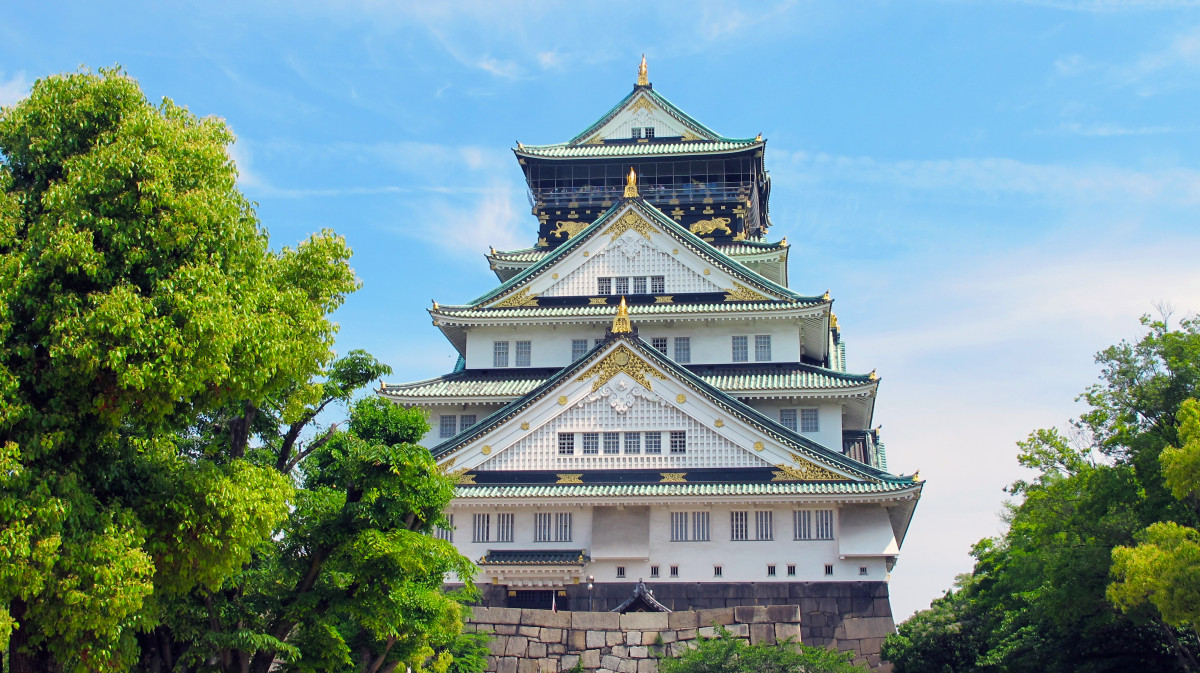
Oleg Benesch is Professor of East Asian History at the University of York. He is the author of Inventing the Way of the Samurai: Nationalism, Internationalism, and Bushido in Modern Japan (Oxford 2014), co-author of Japan’s Castles: Citadels of Modernity in War and Peace (Cambridge 2019), and co-editor of Drugs and the Politics of Consumption in Japan (Brill 2023).
© Université Paris Cité
In the nineteenth century, Europeans rediscovered and reinterpreted the Middle Ages on a grand scale. Medievalist symbols and ideals were widely invoked as a response to industrialization and the Enlightenment, feeding into art, architecture, literature, and culture, from the knightly tales of Sir Walter Scott to the proliferation of Gothic architecture. Medievalist ideals also had a powerful influence beyond Europe, as many colonial officials, soldiers, and settlers saw themselves as modern heirs of medieval knighthood, spreading Christianity and “civilization” as part of their perceived imperial mission. Medieval symbols and narratives were eagerly taken up in European settler societies, including the United States, Australia, and Latin America.
In this talk, I examine the development of medievalism in Japan, which confronted Western imperialism – and built its own empire – during what I call the “global medievalist moment” from the 1840s to the 1960s. This was an age of imperialism, colonialism, and nationalism, and societies around the world looked to discover and mine their own medieval pasts for national symbols and legitimacy. In this context, I examine the reinvention of the samurai warriors and other symbols of medieval Japan, and the important role these play in Japan’s modern history. I further explore how Japanese medievalism came to be recognized and even celebrated in the West, especially after Japan’s defeat of Russia in 1905, and how the confluence of Japanese and European medievalism influenced views of the Middle Ages in China.
Date
Vendredi 6 octobre de 9h à 11h
Lieu
Université Paris Cité, salle Léon Vandermeersch
(481C, 4e étage, bâtiment C, 5 rue Thomas Mann, 75013, Paris)
Contact
Ken Daimaru
ken.daimaru@u-paris.fr
À lire aussi
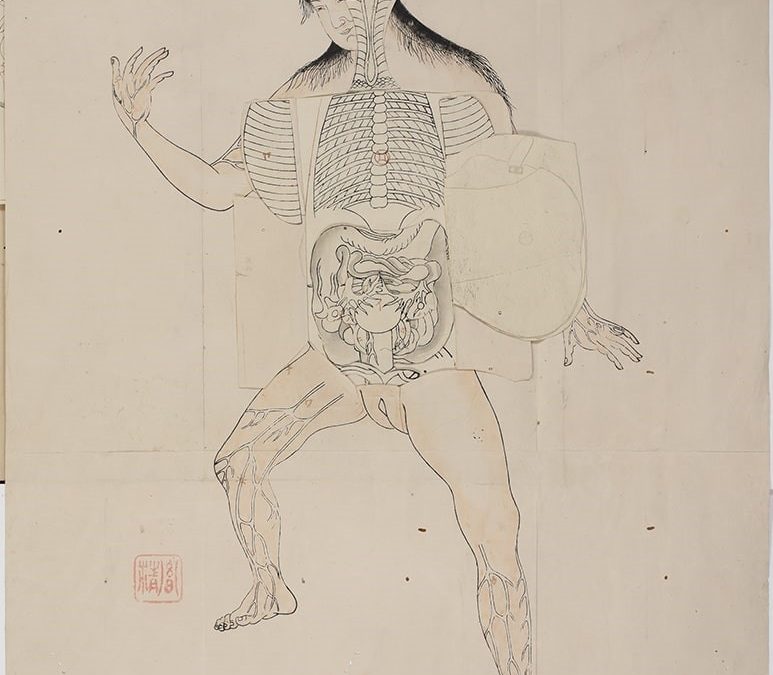
Deux événements autour de l’invitation de Yasui Manami (International Research Center for Japanese Studies)
Yasui Manami, professeure à l’International Research Center for Japanese Studies (Kyoto) et professeure invitée d’Université Paris Cité, sera accueillie par l’UFR LCAO entre le 23 février et le 11 mars 2026. Deux événements seront organisés durant son séjour. Jeudi 26...
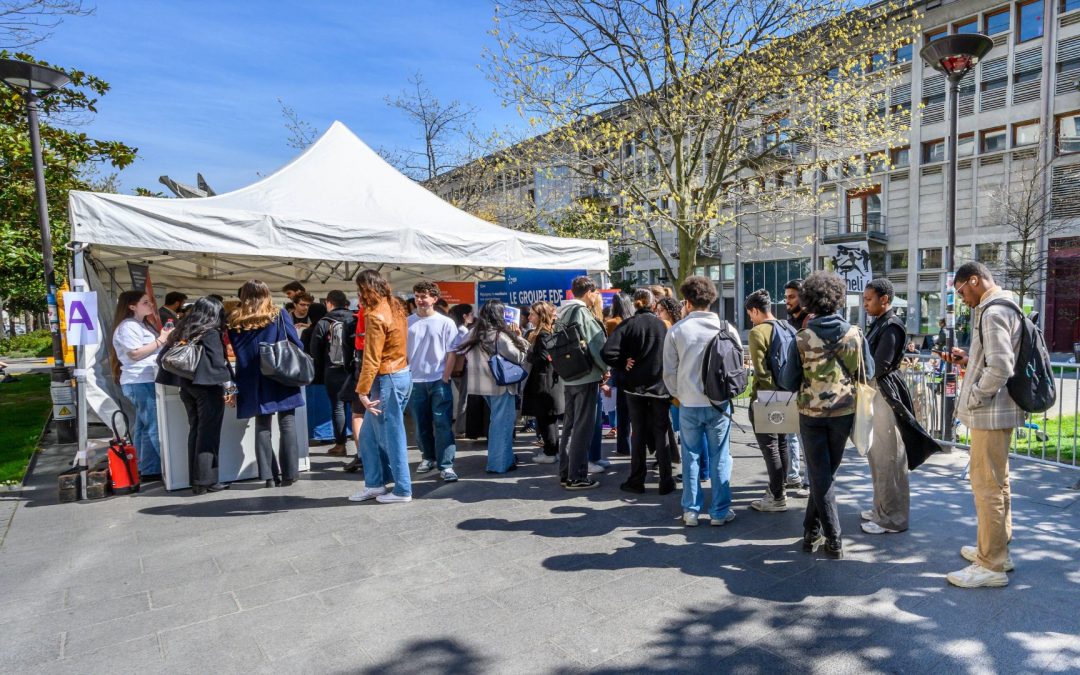
Rencontrez vos futurs talents à la Cité de l’emploi, des stages et de l’alternance 2026
L’Université Paris Cité vous invite à participer à la 2e édition de la Cité de l’emploi, des stages et de l’alternance, le 19 mars 2026, de 10h30 à 17h30 sur le Campus des Grands Moulins (Paris 13e). Venez rencontrer des profils diversifiés et motivés, prêts à...
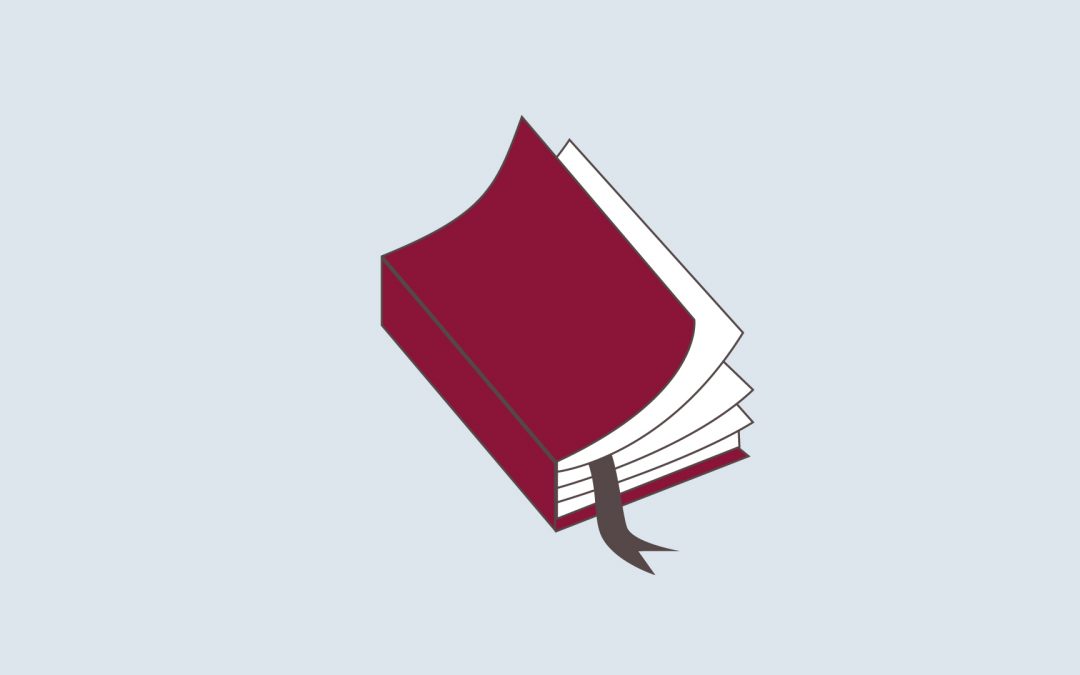
Precariousness in High-Growth Economies Comparing Labor in Contemporary China and in Postwar Japan and France
Gilles GUIHEUX, professseur à l'UFR LCAO, a le plaisir de vous annoncer la parution de l'ouvrage collectif issu du programme ANR Eurasemploi conduit par Bernard Thomann (Inalco) : Gilles Guiheux & Bernard Thomann (co-ed.), Precariousness in High-Growth...
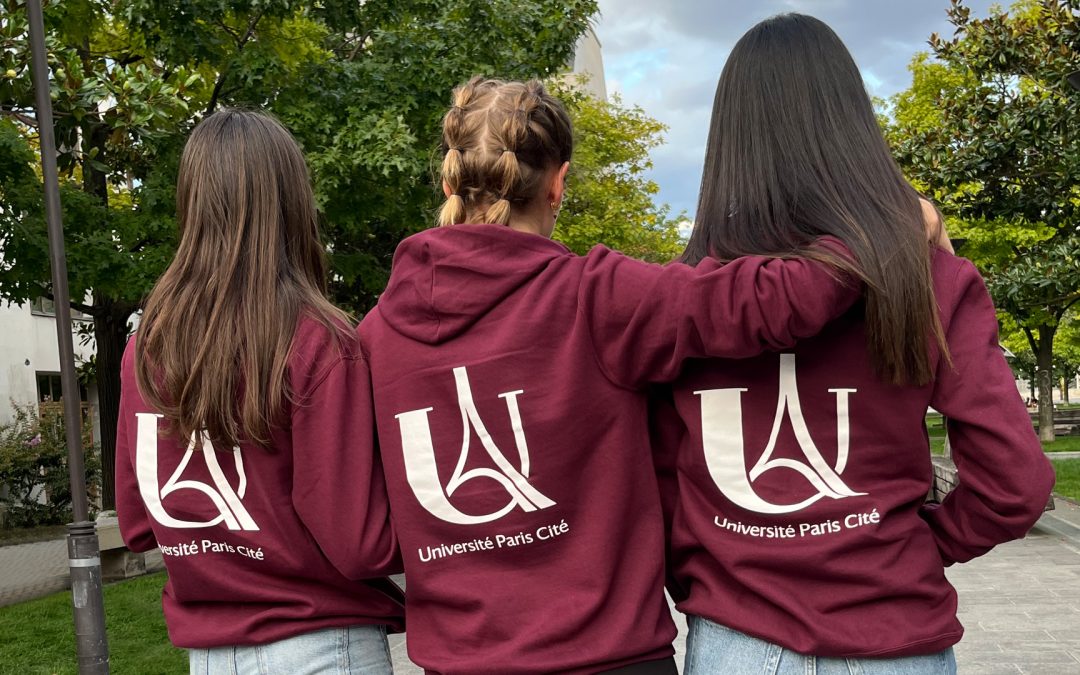
Journée portes ouvertes 2026
Rendez-vous le samedi 7 février 2026 pour découvrir les filières post-bac des parcours : © Université Paris Cité À lire aussi
